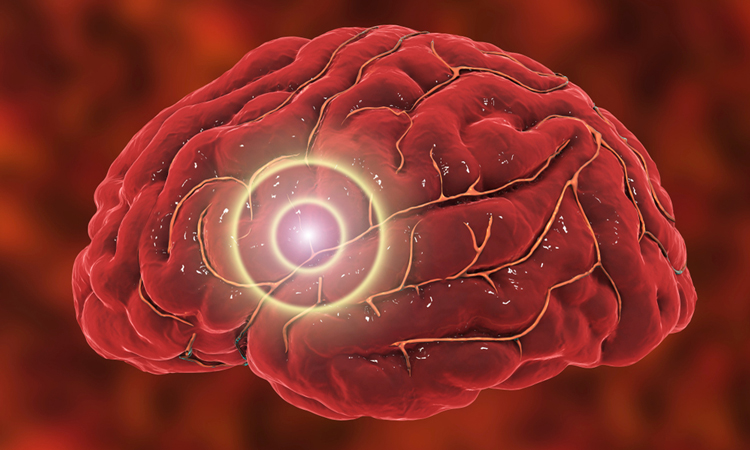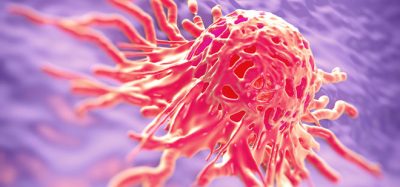Enhancing the collateral network for beneficial reperfusion
Posted: 28 February 2024 | Drug Target Review | No comments yet
Future interventions for ischaemic stroke patients should enhance collateral function to reduce brain haemorrhage and mortality.

A team of scientists from the University of Zurich (UZH) have shown that the outcome of ischaemic stroke patients relies on the collateral network, the blood vessels that cross-connect adjacent arterial trees which provide possible detour networks in case of a vascular blockage. The findings indicate that it is possible to identify stroke patients with a higher risk of poor recovery by the speed of reperfusion during treatment.
Ischaemic strokes happen when a blood vessel that supplies the brain becomes blocked, impairing blood flow. The resultant lack of oxygen and nutrients in the brain can cause confusion, dizziness, headache, difficulty speaking, paralysis and death. Current treatments to restore blood flow to the brain include intravenous thrombolysis or mechanical thrombectomy using a catheter, yet many patients recover poorly even with quick clot removal.
Dr Susanne Wegener, professor at UZH and senior leading physician in the Department of Neurology at the University Hospital Zurich (USZ) spoke of the importance of the collateral network: “These vascular bridges maintain cerebral autoregulation and allow for a slower, gradual reperfusion, which results in smaller infarcts.”
To explore the changes in arterial blood supply, the researchers used a thrombin-based mouse model of stroke, as well as advanced in vivo imaging methods, such as laser speckle imaging, ultrafast ultrasound and two-photon microscopy. In mice with poor collaterals, the arterials segments were dysfunctional and rigid after clot removal. Dr Wegener commented: “The rapid reperfusion that followed cause brain haemorrhage and increased mortality.”
The team could confirm the results obtained in the mouse model in stroke patients. Patients who had poor collaterals demonstrated a similar rapid reperfusion following treatment to remove blood clots, also resulting in small cerebral haemorrhages and unfavourable recovery.
Studying the problems associated with rapid post-treatment reperfusion and its potential effects, instead of focusing on quick removal of blood clots, paves the way for better therapeutic interventions. Dr Wegener concluded: “Future therapeutic interventions for stroke should aim to enhance collateral function, allowing for beneficial reperfusion after stroke.”
This study was published in Neuron.
Related topics
Animal Models, Drug Targets, Microscopy, Neurosciences, Therapeutics
Related conditions
Ischemic stroke
Related organisations
University of Zurich (UZH)







